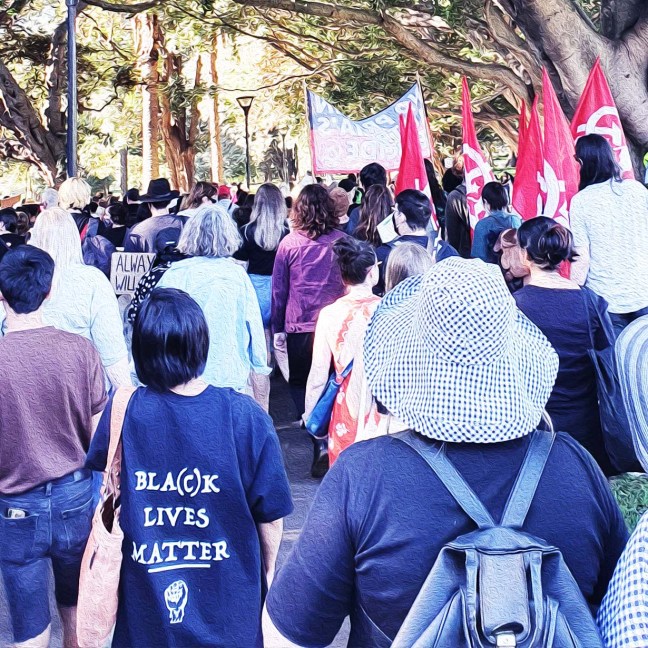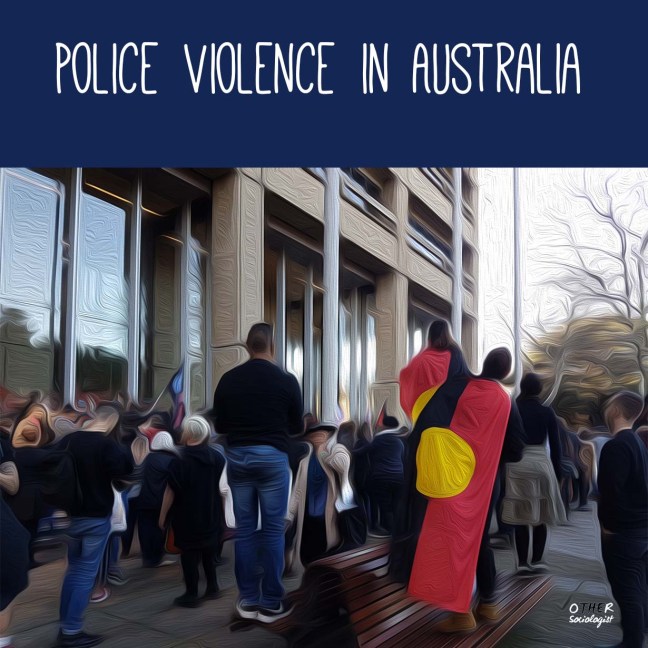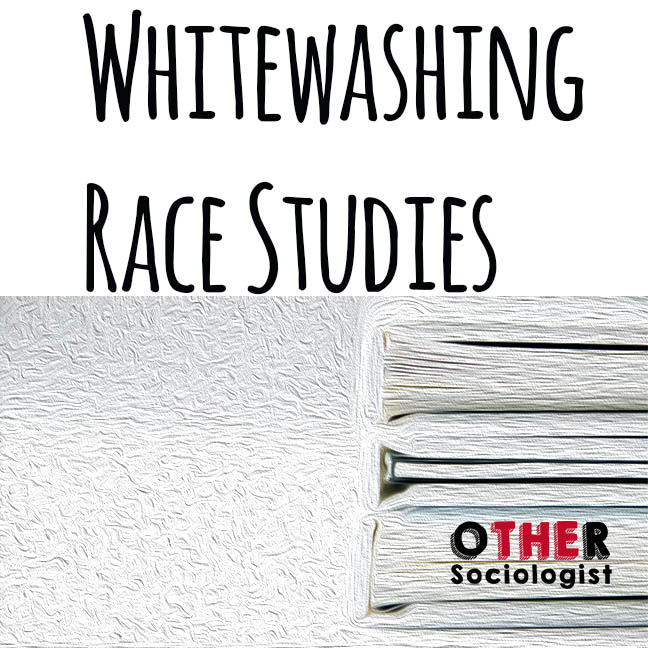There is no more pressing national issue in Australia than justice for Aboriginal and Torres Strait Islander people. It has been 30 years since the publication of the report on The Royal Commission into Aboriginal Deaths in Custody. The Royal Commission reviewed 99 deaths in custody between January 1980 to May 1989. However, as of April 2021, 474 Aboriginal and Torres Strait Islander people have died in custody since the report was delivered in April 1991. This includes five people in past month alone. No police or corrections officers involved in these deaths have ever been convicted, despite CCTV footage, expert witnesses, and other evidence.
If you only do one thing thing today, please sign this petition, asking the Prime Minister meet with families whose loved ones have died in custody.
The Royal Commission made 339 recommendations. Three decades later, the recommedations overwhelmingly remain unfulfilled.
There are many Aboriginal families who are actively fighting for justice, through various coronial inquests and other legal battles. By taking one minute to sign the petition, your quick but valuable action will ensure Aboriginal families directly affected by the failures of the criminal justice system can finally be heard directly by Australia’s leaders.
Continue reading Stop Black Deaths in Custody


